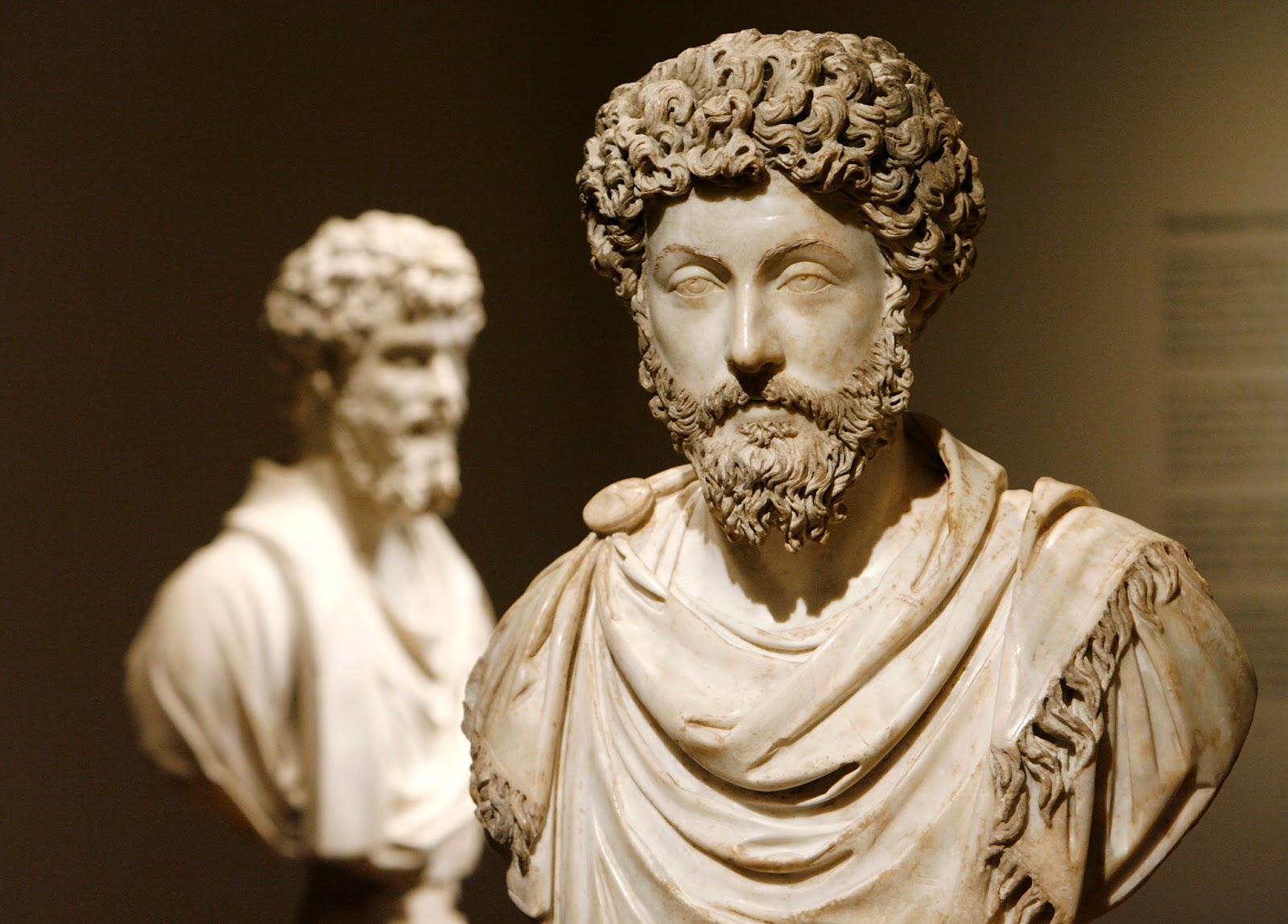In a recent trend, women ask the men in their lives, “How often do you think of the Roman Empire?” When my wife asked me, I answered, “Well, every day.” This was my answer not because I had just started reading Tom Holland’s great new book Pax: War and Peace in Rome’s Golden Age. Rather, I regularly think about one of the greatest of all Roman emperors, Marcus Aurelius, not because of signal achievements as a leader, but rather his lasting relevance as a philosopher.
In his Meditations, Marcus Aurelius wrote, “It is not death that a man should fear, but he should fear never beginning to live.” Paradoxically, Aurelius believed that thinking about death (memento mori) can help us live better: “Do not act as if you were going to live ten thousand years. Death hangs over you. While you live, while it is in your power, be good.” He wrote elsewhere, “Soon you’ll be ashes or bones. A mere name at most—and even that is just a sound, an echo. The things we want in life are empty, stale, trivial.” This insight was expressed not only by the emperor of Rome but by the founder of Apple, Steve Jobs:
Remembering that I’ll be dead soon is the most important tool I’ve ever encountered to help me make the big choices in life. Because almost everything—all external expectations, all pride, all fear of embarrassment or failure—these things just fall away in the face of death, leaving only what is truly important. Remembering that you are going to die is the best way I know to avoid the trap of thinking you have something to lose.
Remembering death is also a great way to experience gratitude. As Chesterton noted, “The way to love anything is to realize that it may be lost.”
Marcus Aurelius also provided useful advice about dealing with difficult people we encounter,
When you wake up in the morning, tell yourself: The people I deal with today will be meddling, ungrateful, arrogant, dishonest, jealous, and surly. They are like this because they can’t tell good from evil. But I have seen the beauty of good, and the ugliness of evil, and have recognized that the wrongdoer has a nature related to my own—not of the same blood or birth, but the same mind, and possessing a share of the divine.
Despite differences in class, creed, and culture, we share a common humanity. It is easy to demonize those who are different. It is especially easy to demonize those who try to harm us.
Love your enemies and pray for those who persecute you.
On this topic, too, Marcus provided insight: “The best revenge is to be unlike him who performed the injury.” The Stoic justification for this is that, properly speaking, just persons can only harm themselves by doing unjust actions. The Stoics famously distinguished between what is within our control (and what we should care about) and what is outside of our control (which we ought not to care about). Years later, this insight became part of the famous serenity prayer: “God, grant me the serenity to accept the things I cannot change, the courage to change the things I can, and the wisdom to know the difference.” For the Stoics at least, what alone really matters is our inner character, not our outer circumstances.
Socrates expressed a similar view. In the Apology, after he had been condemned to capital punishment, Socrates said,
No evil can come to a good man either in life or after death, and God does not neglect him. So, too, this which had come to me has not come by chance, but I see plainly that it was better for me to die now and be freed from troubles. That is the reason why the sign never interfered with me, and I am not at all angry with those who condemned me or with my accusers.
Socrates thought that the soul was imprisoned in the body, and that I am my soul, not my body. It follows that if someone harms my body, even if someone kills me, I am not really harmed.
But this kind of body-self dualism isn’t tenable, for a variety of reasons spelled out in Robert P. George and Patrick Lee’s fantastic book Body-Self Dualism in Contemporary Ethics and Politics. We are not inhabiting bodies, like drivers within cars. Rather, we are our bodies. As Aristotle put it, man is a rational animal. St. Thomas Aquinas would highlight that we are rational animals informed by a spiritual and immaterial soul. Still, Thomas held that “my soul is not me” (anima mea non est ego). A human person is a unity of soul and body, spirit and matter. So since you can harm the body of a just person, you can harm a just person.

Yet even if we acknowledge that a just person can be harmed, even if we drop the body-self dualism, the insight about forgoing revenge remains justified. To seek vengeance is to harm ourselves by occupying our minds with resentments and our hearts with grudges. For this reason, to forgive others is to find freedom. As the Rev. Martin Luther King Jr. pointed out, “Darkness cannot drive out darkness; only light can do that. Hate cannot drive out hate; only love can do that.” In this, Dr. King echoed Christ the King: “Love your enemies and pray for those who persecute you.” To do that is to become an emperor of yourself.
